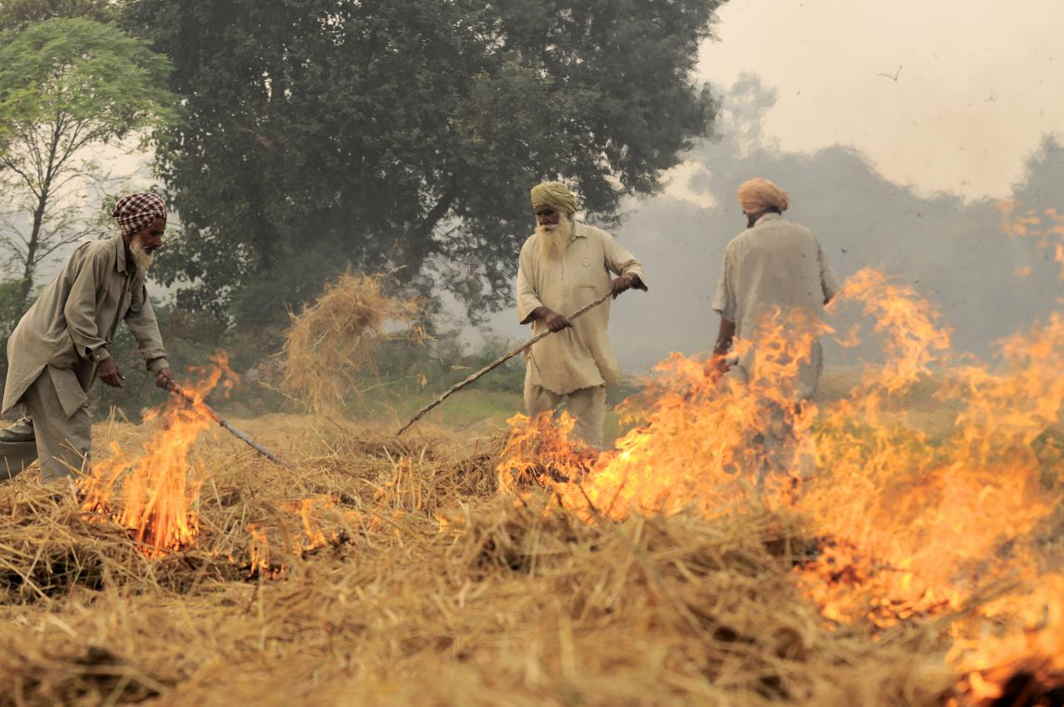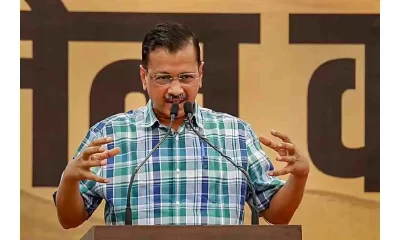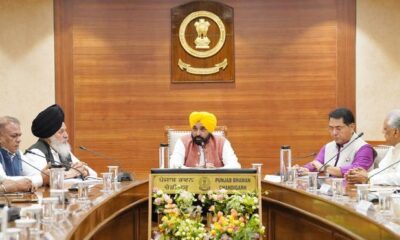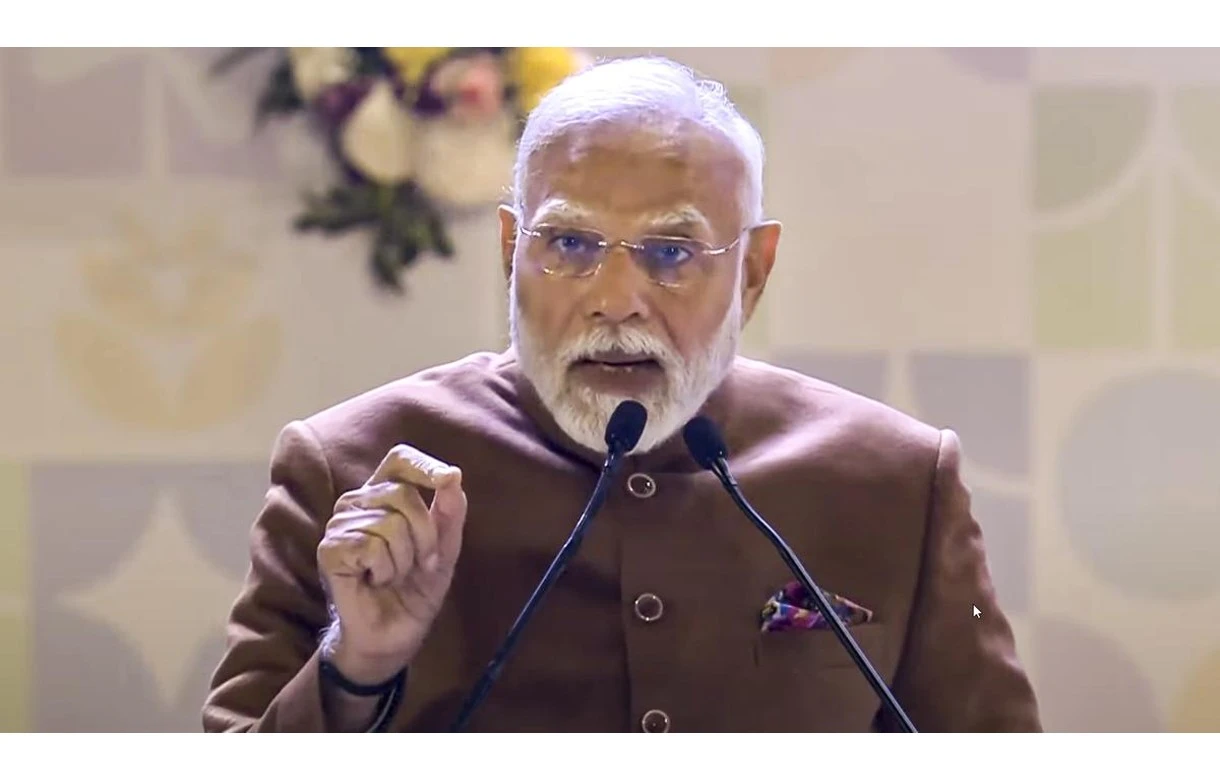India News
El Nino, monsoon and India’s food security: How they are linked
Fortunately enough for the last 4 years consecutively, from 2019 to 2022, the country enjoyed four consecutive years of good monsoons.
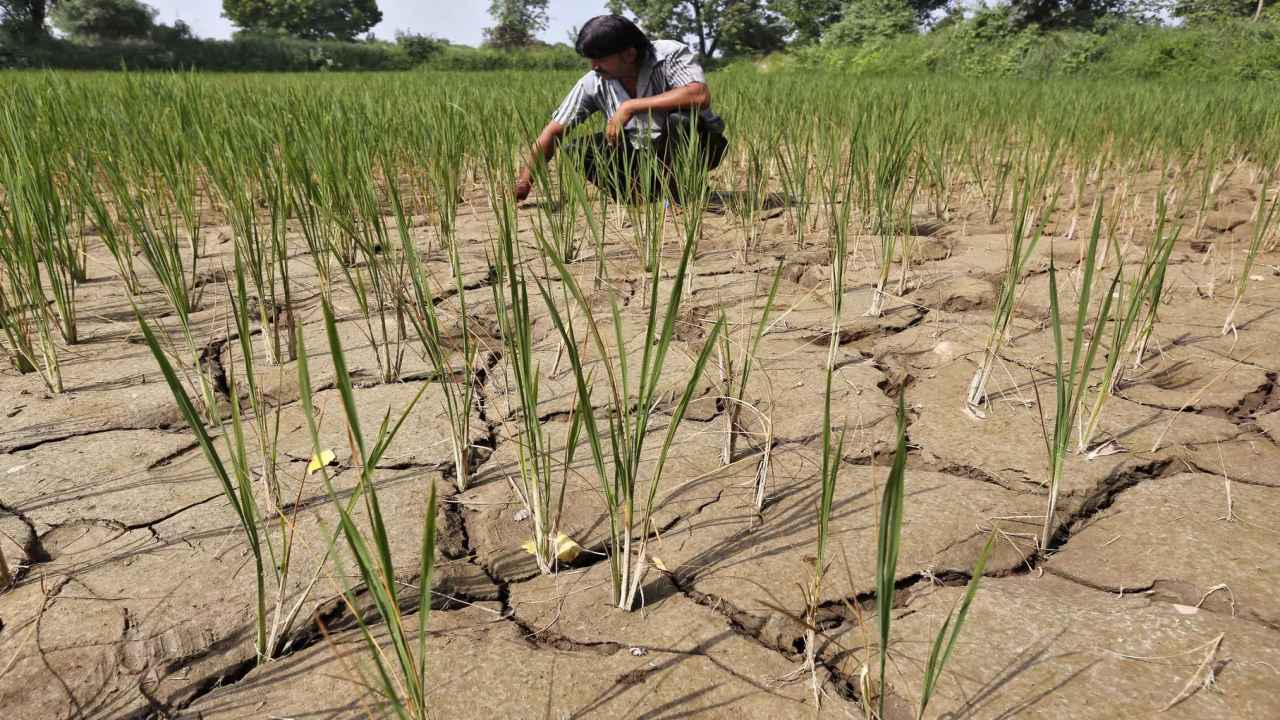
India News
Punjab AAP leader Lucky Oberoi shot dead in daylight attack in Jalandhar
AAP leader Lucky Oberoi was killed in a daylight shooting in Punjab’s Jalandhar after attackers fired multiple bullets at him while he was inside his car.
India News
Pariksha Pe Charcha 2026: PM Modi to interact with students at 10 am today
PM Modi will address students across India at 10 am today as part of Pariksha Pe Charcha 2026, focusing on stress-free examinations and learning.
India News
PM Modi accuses Congress of anti-Sikh bias over Rahul Gandhi’s ‘traitor’ remark
Prime Minister Narendra Modi accused Rahul Gandhi of targeting BJP MP Ravneet Singh Bittu with a ‘gaddar’ remark because of his Sikh identity while speaking in the Rajya Sabha.
-

 India News23 hours ago
India News23 hours agoManipur Assembly to meet at 4 pm today, floor test likely under new chief minister
-

 India News18 hours ago
India News18 hours agoPM Modi accuses Congress of anti-Sikh bias over Rahul Gandhi’s ‘traitor’ remark
-

 India News3 hours ago
India News3 hours agoPunjab AAP leader Lucky Oberoi shot dead in daylight attack in Jalandhar
-

 India News3 hours ago
India News3 hours agoPariksha Pe Charcha 2026: PM Modi to interact with students at 10 am today
-

 Latest world news3 hours ago
Latest world news3 hours agoBangladesh rushes to finalise US trade deal after India secures lower tariffs

